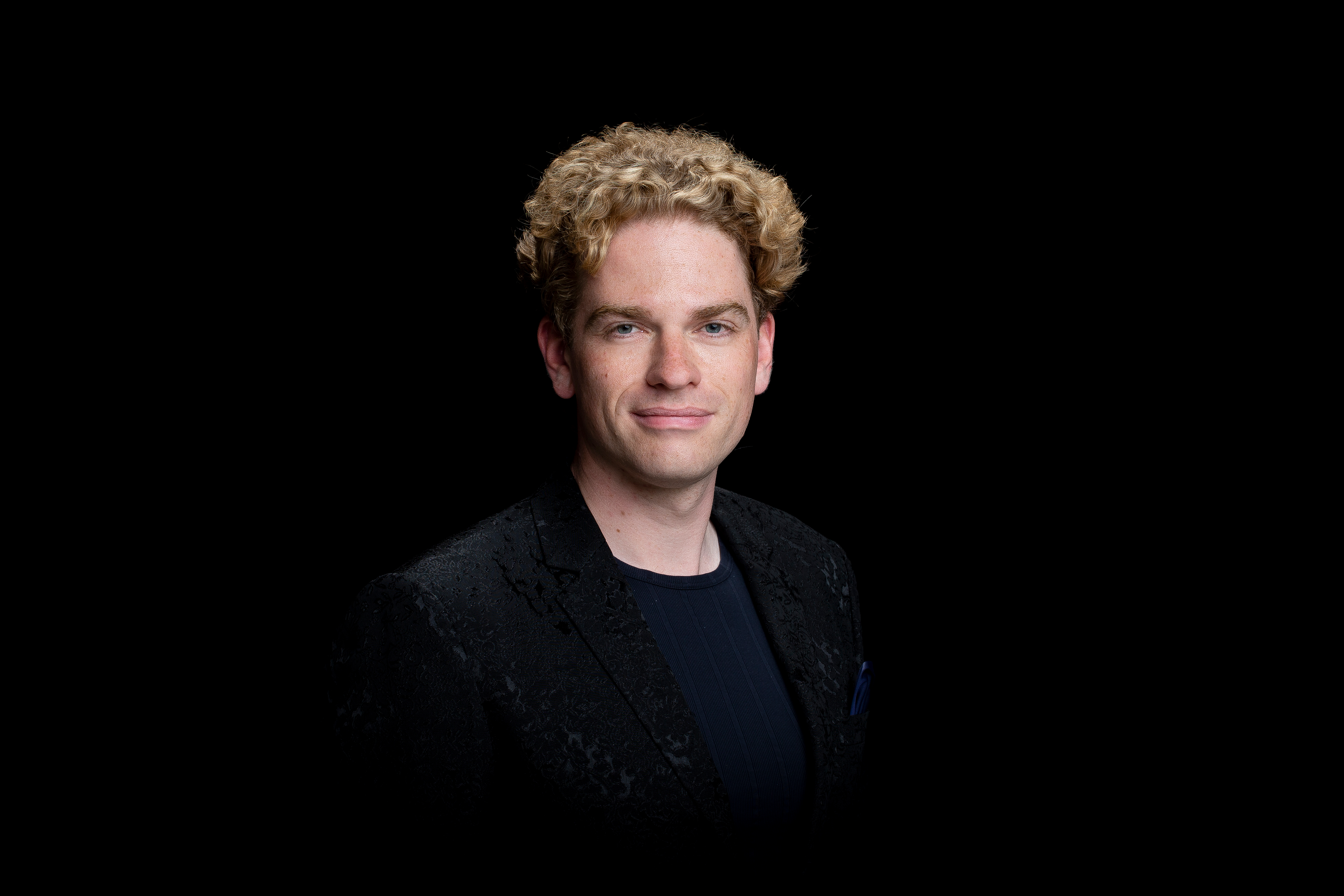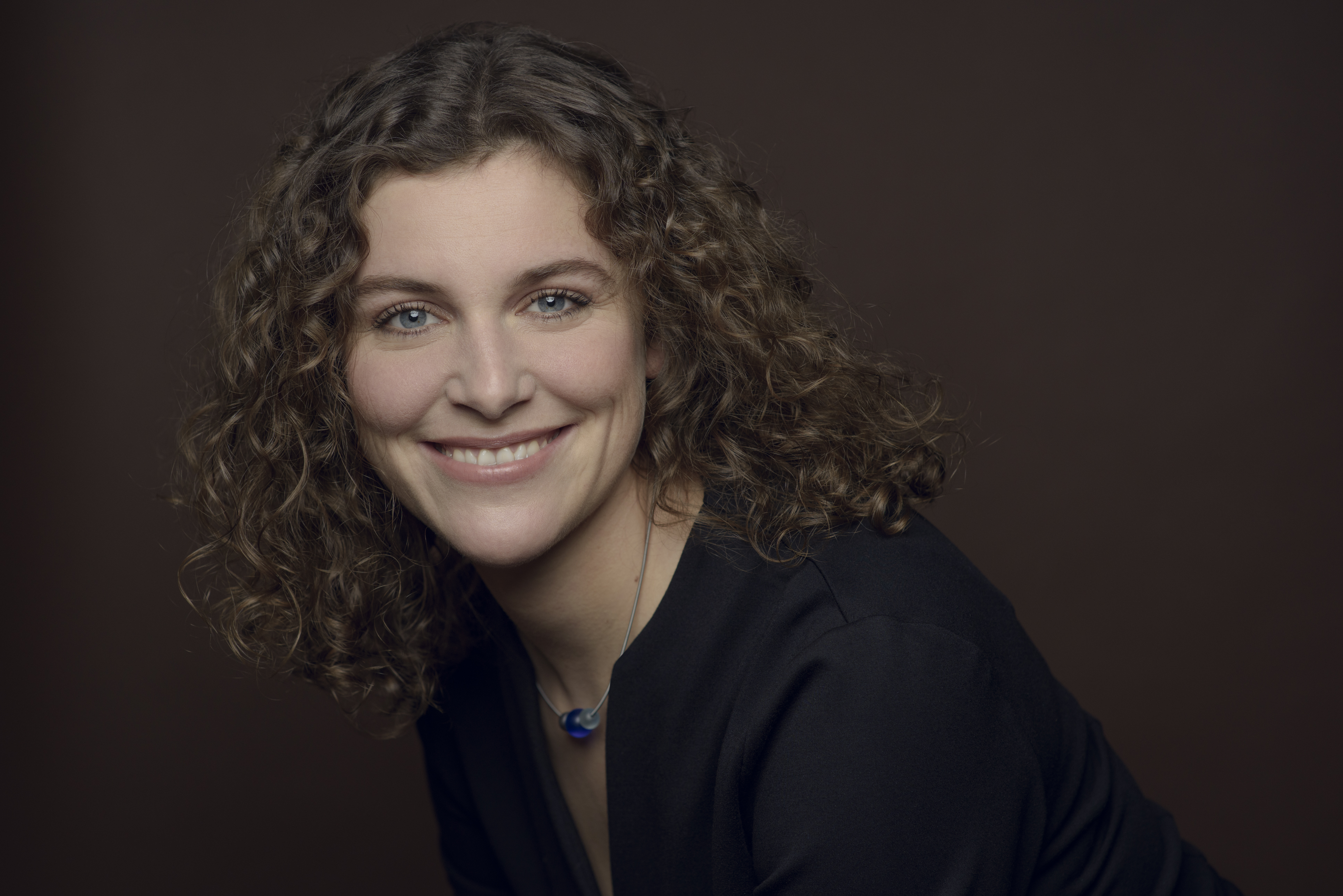FR – Quels sont les rouages de la création ?
Des penseurs du siècle des Lumières et du mouvement Sturm und Drang ont tenté de résoudre cette question tour à tour, par le biais de la raison ou des sentiments. Wolfgang Amadeus Mozart répondrait que « ni un haut degré d'intelligence, ni d'imagination, ni les deux à la fois ne font le génie ». Réunissant classicisme et romantisme, notre programme comprend quatre compositeurs virtuoses venus du Pays basque, d’Autriche, de Suède et de Guadeloupe. Si ces compositeurs ont été décrits comme les Mozarts de leur pays, chacun se distingue par son propre talent, au point que Mozart ne s’y serait pas trompé en s’inspirant du Chevalier de Saint-Georges pour le personnage Monostatos dans la Flûte enchantée, pour se venger de sa virtuosité. L’OCL est heureux de retrouver Joseph Moog pour le Concerto pour piano n° 21 de Mozart avant d’explorer les passions de l’âme avec Kraus et ladite Grande Symphonie en sol mineur de Mozart, un « appel à l’éternité » selon Alfred Einstein.
DE – Woher kommt Kreativität ?
Denker der Aufklärung und der Sturm und Drang Bewegung haben versucht, es abwechselnd anhand des Verstandes und der Gefühle zu durchblicken. Wolfgang Amadeus Mozart würde antworten, dass „weder der erhabene Grad an Intelligenz oder Fantasie noch beides führt dazu, dass man ein Genie wird“. Unser Klassizismus und Romantismus übergreifendes Programm bringt vier virtuose Komponisten aus Baskenland, Österreich, Schweden und Guadeloupe zusammen. Auch wenn diese Komponisten als Mozarts deren Ländern beschrieben wurden, jeder hat sein eigenes Talent, was Mozart nicht übersehen hätte. Um sich von seiner Virtuosität zu rächen, hätte er den Chevalier de Saint-Georges als Inspirationsmaterial für Monostatos in der Zauberflöte benutzt. Für das 21. Klavierkonzert von Mozart freut sich das OCL die Bühne erneut mit Joseph Moog zu teilen. Danach werden die Leidenschaften der Seele erkundet, mit Kraus und die sogenannte Große Sinfonie in g-moll von Mozart, ein „Appell an die Ewigkeit“ für Alfred Einstein.
EN – What is the mechanism that lies behind creation?
The thinkers of the Enlightenment and of the Sturm und Drang movement tried one after another to resolve this question, by calling on reason or the emotions. Wolfgang Amadeus Mozart replied that ‘neither a high degree of intelligence, nor of imagination, nor both at once will make a genius’. Bringing together Classicism and Romanticism, our programme contains four virtuoso composers from the Basque country, Austria, Sweden and Guadeloupe. The composers have been described as the Mozarts of their country of origin, but each one stands on his own merits, to the extent that even Mozart himself would have recognised this. He was supposedly inspired to take revenge on the Chevalier de Saint-Georges, for his virtuosity, when creating the character of Monostatos in The Magic Flute. The OCL is delighted to collaborate once again with Joseph Moog in Mozart’s Piano Concerto no 21 before delving into the passions of the soul with Joseph Martin Kraus and with the so-called Great Symphony in G minor by Mozart – according to Alfred Einstein, an ‘appeal to eternity’.


